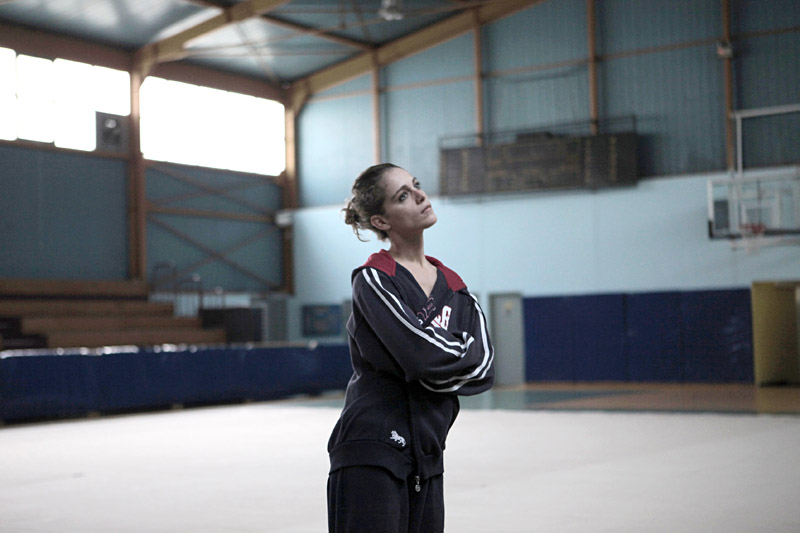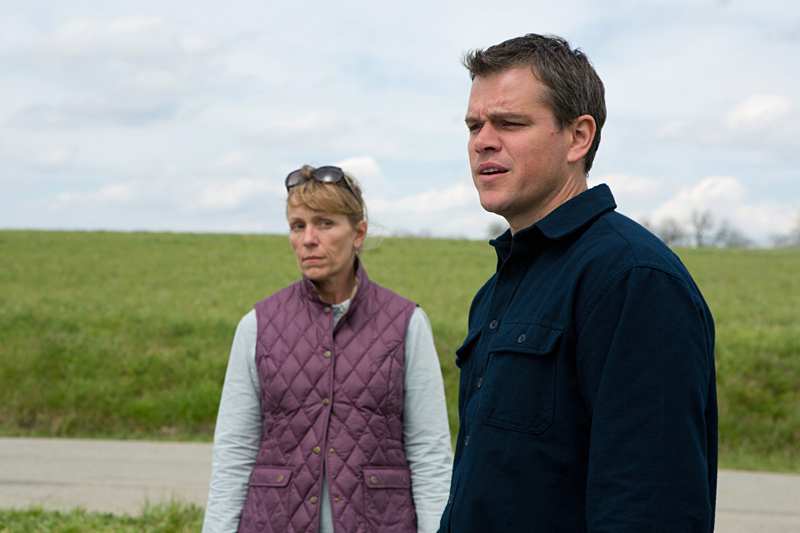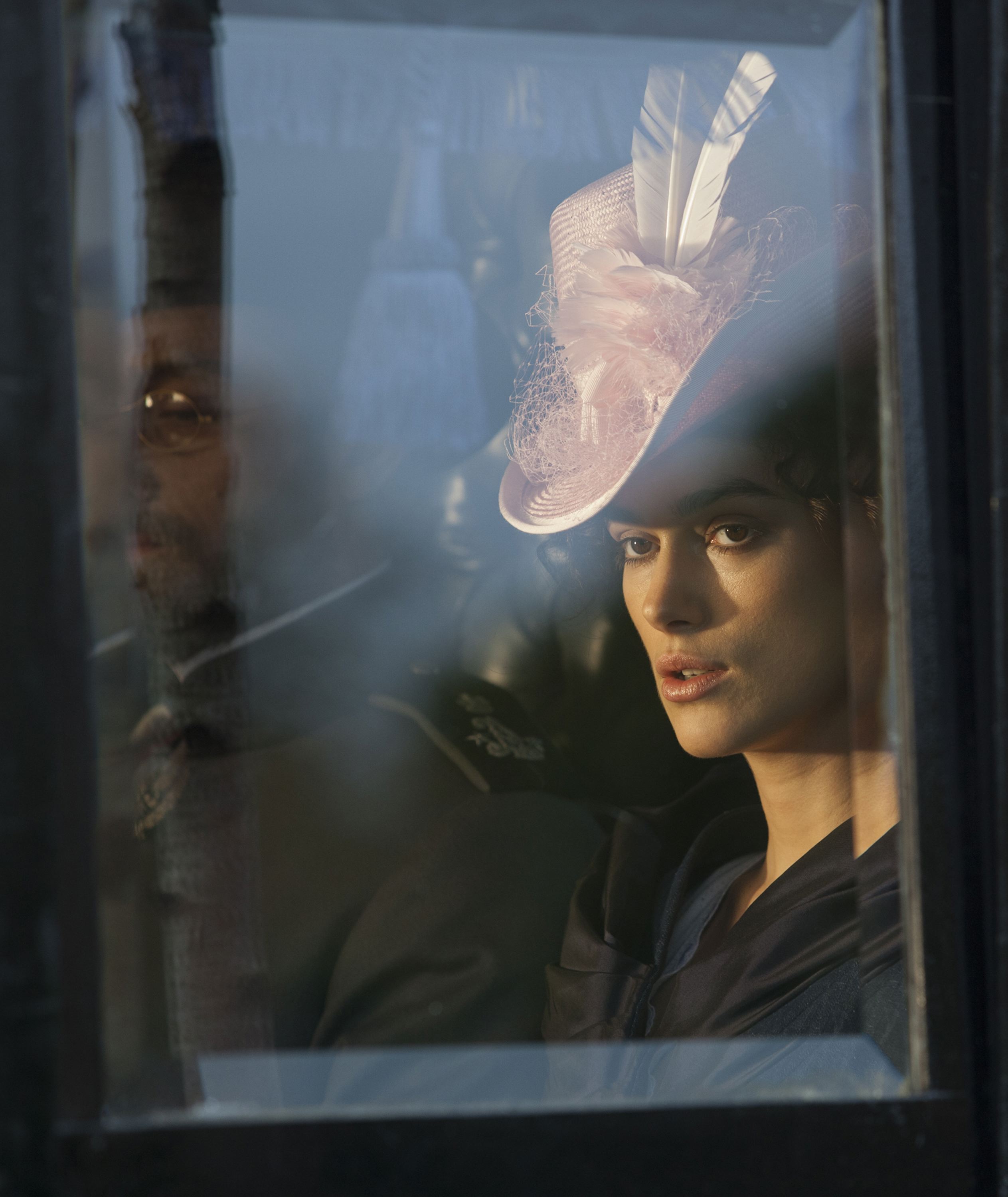In a gymnasium, a clandestine four-person group meets to discuss its name. One member suggests “Alps,” explaining: “The mountains of the Alps cannot be replaced by any other mountain. Anything else would be smaller, less imposing, thus, a poor substitute.” An additional merit is noted: “The name in no way reveals what it is we do”—and for the first section of Alps, it is difficult to tell exactly what this group does. We see pretty young Ariane Labed practicing a rhythmic-gymnastics routine, after which she’s threatened by her taskmaster coach, Johnny Vekris. We see Aggeliki Papoulia working at a hospital and coaxing personal information—favorite food, favorite Hollywood actor—from a grievously injured teenager. Gradually it becomes apparent that the dying girl’s information is to be used as a script after her death so that an Alp may take her place for a couple of hours a week in the family living room. Thus, the function of the Alps is revealed: to stand in for those who are gone. Director Yorgos Lanthimos creates an abiding sense of isolation with a mise-en-scène that enforces separation through shallow depth of field, withholding long shots, and two shots where one party is decapitated by the framing. He’s seemingly working intuitively here, and whatever missteps he makes while feeling his way forward, he manages to pass quite near to one of the essential conundrums of being human.
Alps: Death and Surrogacy in Greece








